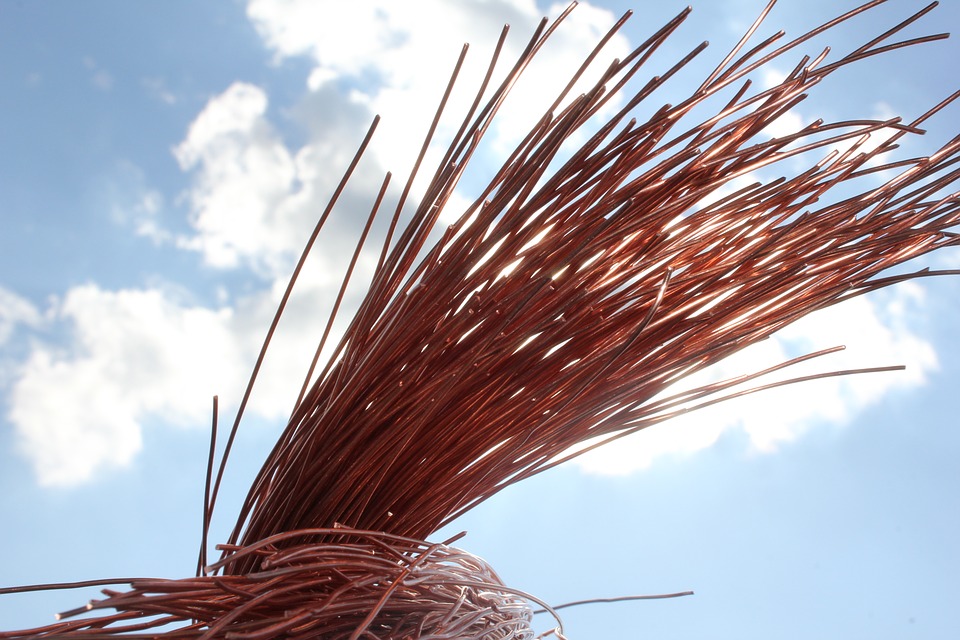
Bare copper wire is one of the most versatile and widely used materials in various industries, prized for its excellent conductivity, durability, and adaptability. Unlike insulated wire, bare copper wire is uncoated, exposing the pure copper for maximum efficiency in electrical and grounding applications. This article explores what bare copper wire is, how it is made, and its diverse industrial uses.
What is Bare Copper Wire and How is It Made?
Bare copper wire is simply copper wire without any protective insulation or coating. It is manufactured using high-purity copper, which is drawn into thin strands or thicker gauges depending on its intended application. The manufacturing process involves:
- Purification: Copper ore is refined to produce nearly pure copper.
- Drawing: The purified copper is stretched through dies to achieve the desired thickness or gauge.
- Annealing: The wire is heated and slowly cooled to enhance its flexibility and strength.
Because it is uncoated, bare copper wire offers superior electrical conductivity and is highly resistant to corrosion in most environments, making it a reliable choice for numerous applications.
Industrial Uses for Bare Copper Wire
Electrical Grounding
One of the most common uses for bare copper wire is in electrical grounding systems. Bare copper is an excellent conductor, ensuring a safe path for excess electrical current to dissipate into the ground. This application is critical in residential, commercial, and industrial electrical systems to protect against electrical surges and short circuits.
Power Distribution
Bare copper wire is frequently used in power transmission and distribution networks. Its high conductivity ensures efficient energy transfer over long distances. In substations and transformers, bare copper is used for bus bars, connectors, and other electrical components.
Telecommunications
In the telecommunications industry, bare copper wire plays a vital role in wiring for telephone lines and internet cables. Its reliability and efficiency make it suitable for transmitting signals with minimal loss.
Construction and Infrastructure
Bare copper wire is a key component in construction projects. It is used for bonding and grounding in building foundations, lightning protection systems, and roofing. Its resistance to corrosion and excellent conductivity make it a durable and effective choice for these applications.
Renewable Energy Systems
With the growing focus on sustainability, bare copper wire is essential in solar panel installations and wind turbines. It is used for grounding and as a conductor in energy transfer systems, ensuring the safety and efficiency of renewable energy solutions.
Artistic and Decorative Applications
Bare copper wire is also used in arts and crafts due to its malleability and aesthetic appeal. Artists use it for creating sculptures, jewelry, and other decorative items.
Advantages of Bare Copper Wire
- High Conductivity: Ideal for efficient energy and signal transmission.
- Durability: Resistant to wear and corrosion, even in harsh environments.
- Flexibility: Easy to shape and manipulate for various applications.
- Cost-Effective: Provides reliable performance without the need for insulation or coating.
Conclusion
Bare copper wire is a versatile and indispensable material across industries, from electrical grounding and power distribution to renewable energy and artistic applications. Its unmatched conductivity, durability, and flexibility make it a preferred choice for both functional and creative uses. Whether you’re wiring a building, grounding a solar panel, or crafting a decorative piece, bare copper wire provides the reliability and performance needed for a wide range of applications.

